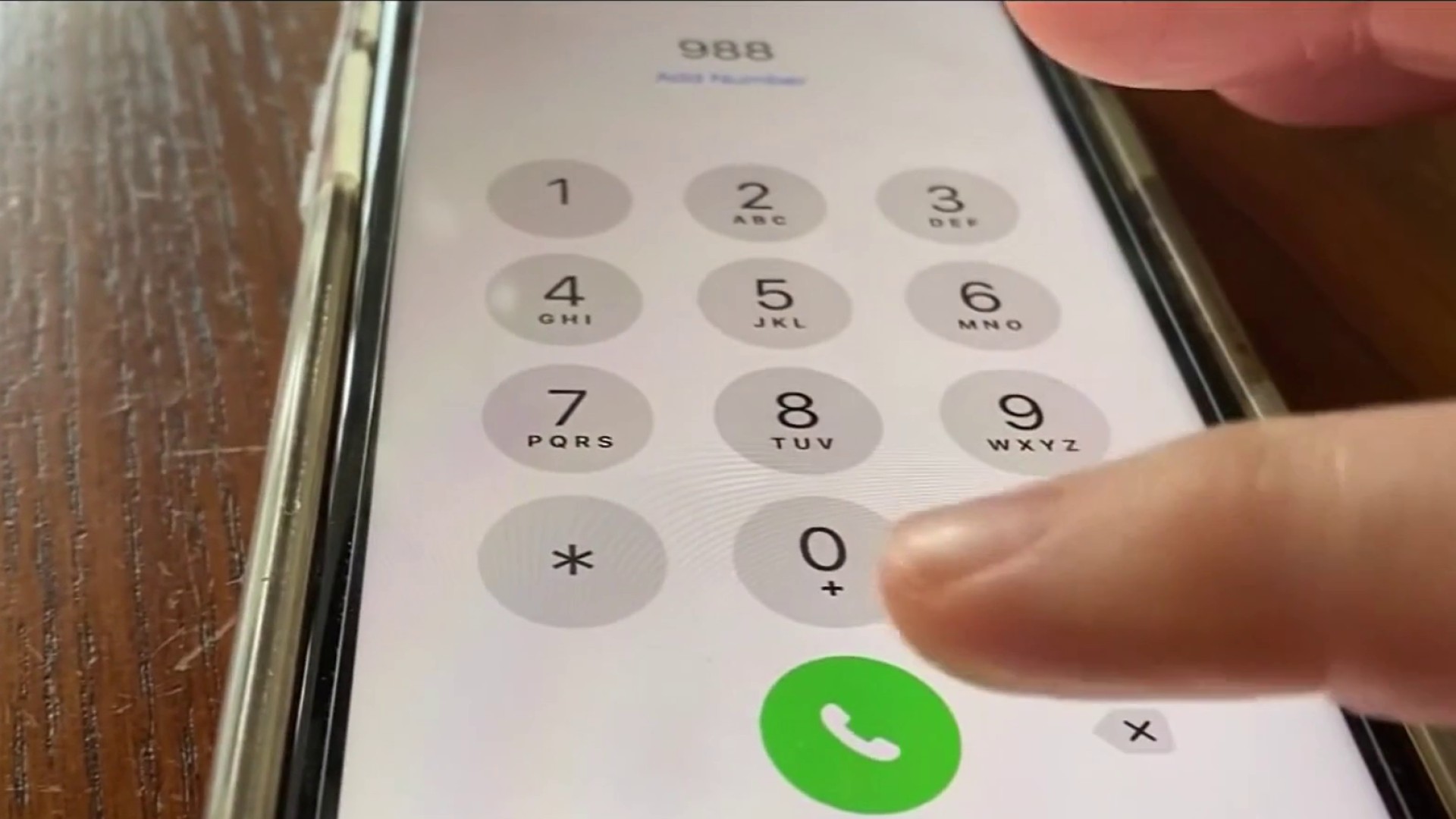Mariana’s first semester at UC Berkeley started during the COVID-19 shutdowns. Two plane rides away from family and her hometown in Puerto Rico, she was suddenly isolated in her dormitory for months.
Weeks would go by and she wouldn’t see anyone except her roommate.
“The lowest point for me was probably in October [2021],” she said. “I was considering suicide, but I didn't reach out to anyone.”
Eventually, Mariana did reach out and discovered she wasn’t the only student struggling with such dark thoughts.
Get a weekly recap of the latest San Francisco Bay Area housing news. Sign up for NBC Bay Area’s Housing Deconstructed newsletter.
“Which is really upsetting…and I don’t think it’s being paid attention to enough,” she said.
Although rare, suicide has been the second leading cause of death among college-age students for years, according to the Center of Disease Control. And, last year, the U.S. Surgeon General cited national surveys showing “alarming increases” in mental health issues right before the COVID shutdowns. The increases were a result of a bombardment of media and pop culture messages eroding their self-worth, as well as other distressing issues like climate change, income inequality and racial injustice, according to the U.S. Surgeon General’s report.
Then COVID-19 happened, and things got worse. A 2020 Texas A&M University survey found “71% of students reported increased stress and anxiety due to the COVID-19 outbreak.”
“The pandemic caused a spike,” Chief Clinical Officer Nance Roy with the mental health non-profit The Jed Foundation said. “It’s a real thing.”
With a student mental health crisis widely acknowledged, the Investigative Unit sent out its own survey to Bay Area universities. We wanted to find out how the schools themselves are tracking the problem to help them address it. The responses showed all of the universities provide mental health resources and some have increased counseling and crisis services. However, when it comes to tracking student suicides and attempted suicides, the responses varied significantly. For instance:
- The University of San Francisco responded saying it does track, and they had four suicide attempts this last school year. That is more than any of its three previous years.
- San Jose State University said it also tracks but declined to provide specific data saying the school has about “two suicides per academic year.”
- UC Berkeley said its police department tracks, reporting four students ending their lives since 2020.
- San Francisco State University did not provide specifics in his response, but said, in part, “universities in general struggle to collect data.”
- Stanford University said it has seen “a sharp increase in demand for mental health counseling.” Stanford never directly answered our questions about whether it tracks student suicides.
This is the same university where four of its own students ended their lives in the past two years, including star Stanford women’s soccer captain Katie Meyer.
None of the universities we reached out to with our survey agreed to an interview with us.
When asked if colleges and universities should be required to track this information, Roy said yes.
“I think, if we really want to put a dent in reducing suicide, the better we can target our efforts to either places on campus or groups of students on campus who are at higher risk or present higher risk environmentally,” she said. “I do think it would need to come from, for example, the U.S. Department of Education, any kind of requirement on reporting.”
The Investigative Unit reached out to the U.S. Department of Education with these concerns and the results of our survey. The Department declined to do an interview but, in a statement, said it “is concerned about the rise in mental health challenges across the country… We value transparency but also recognize the sensitive nature of reporting.”
The Department said Congress has considered several bills that would have added a mental health component to the Clery Act, which is a federal law requiring colleges and universities to report crime data. However, none of the proposals passed.
Mariana says it is this kind of inaction and, in some cases, silence that make students feel more isolated. She said her school didn’t provide information to students about a suicide last year, and those who heard about it had to rely on rumors.
“Since I was going through something similar, I was like, oh, so they're just not going to care if something happens to me,” said Mariana.
UC Berkeley declined our interview request. In an email, the school said its police department does not proactively share student death information publicly.
If you are in crisis or know someone who is, there is help. You can call or text 988, the suicide & crisis lifeline. You can also contact the Crisis Text Line (text HELLO to 741741). The Trevor Project specializes in LGBTQ+ people under 25 which you can call at 1-866-488-7386 or text ‘START’ to 678-678.
You can also find more resources here.



